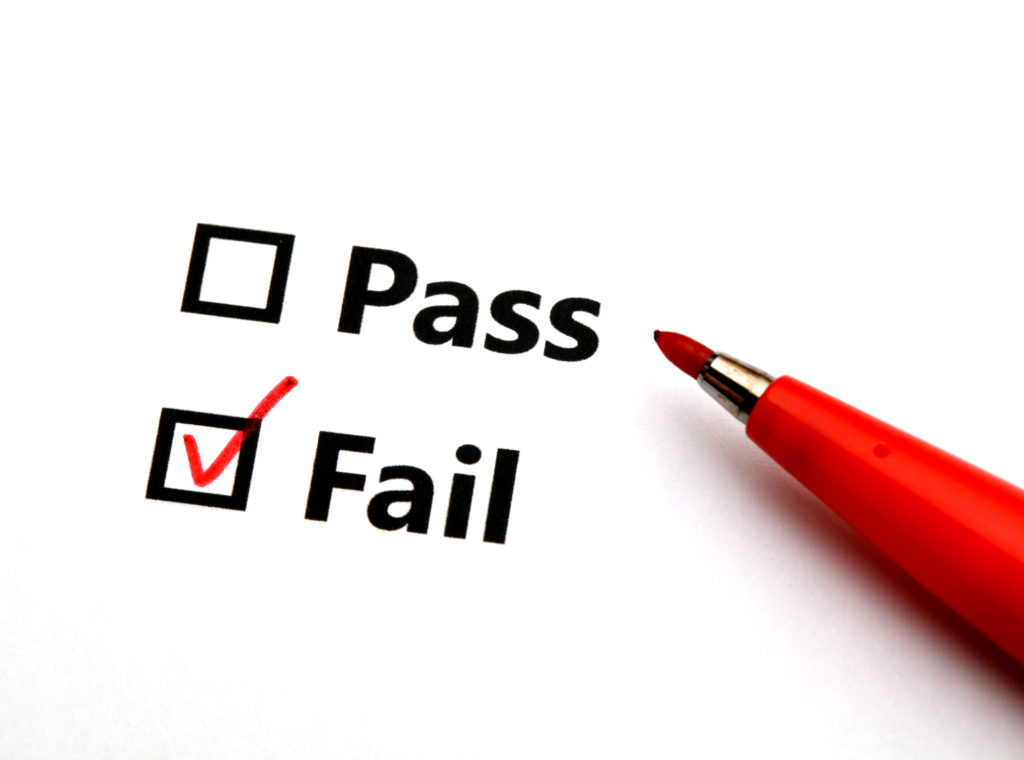CIOs and CTOs: Bad Advice That Can Get You Sued for Software Copyright Infringement

Previously, I wrote an article about poor advice that can get you sued for copyright infringement in software audits. While some of the main auditors have changed, the advice has not. The following is the most common bad advice that can result in litigation.
Software publishers now commonly initiate audits through compliance teams pursuant to the relevant license agreement’s audit provision.
The following is a list of some of the worst advice we have heard for a company facing a software audit.
- Immediately purchase all of the software necessary to remediate any compliance gaps, as it will be a sign of good faith.
This might be the worst advice a company facing an audit can follow. The audit notice can often operate as a litigation hold letter, which places the company on notice that it must preserve all evidence of potential copyright infringement claims should litigation ensue. Purchasing the software can jeopardize a company’s ability to resolve the matter without litigation.
- Uninstall all unlicensed software and ignore the audit request.
Auditors argue that failure to preserve all the evidence could constitute spoliation of evidence and entitle the publisher to damages for destruction of the evidence. Furthermore, it is rare for a company to be able to resolve an audit without a response. Once an audit is initiated, an auditor typically will not disengage absent a valid pre-existing release or overriding audit provision. See information on Superseding Audit Provisions here.
- Purchase incorrect licenses for software.
License agreements for software products vary widely, but typically retail license agreements specifically prohibit commercial hosting, which requires a specific type of license. Depending on the commercial hosting setup, the potential copyright infringement damages for purchasing the wrong license could exceed several hundred thousand dollars. Saving money on the front end by purchasing a cheaper license is not worth the potential copyright infringement penalties resulting from an audit. Additionally, certain types of software and licensing cannot be used in hosting environments at all.
- Wait until the end of the quarter or year to true up or fail to remove decommissioned machines.
If you are a SPLA customer and require monthly reporting, you cannot wait to report new after the monthly audit period. Likewise, if you decommission machines, you need to keep a dynamic, accurate inventory to avoid overreporting. Failure to do either of these things can results in significant fees.
- Ignorance is a defense to copyright infringement.
The Copyright Act (17 USC 501), does not have an intent requirement, which means that it is not a defense that no one had knowledge of unlicensed software. See Ignorance is not a Defense here. Companies should dedicate the necessary resources to create an internal software asset management program and ensure compliance to avoid copyright infringement and contractual penalties.
It is critical to seek advice from counsel who can help you avoid pitfalls during the audit process in order understand all of the risks involved with various strategies when faced with a software audit. Please consult Scott & Scott, LLP.









